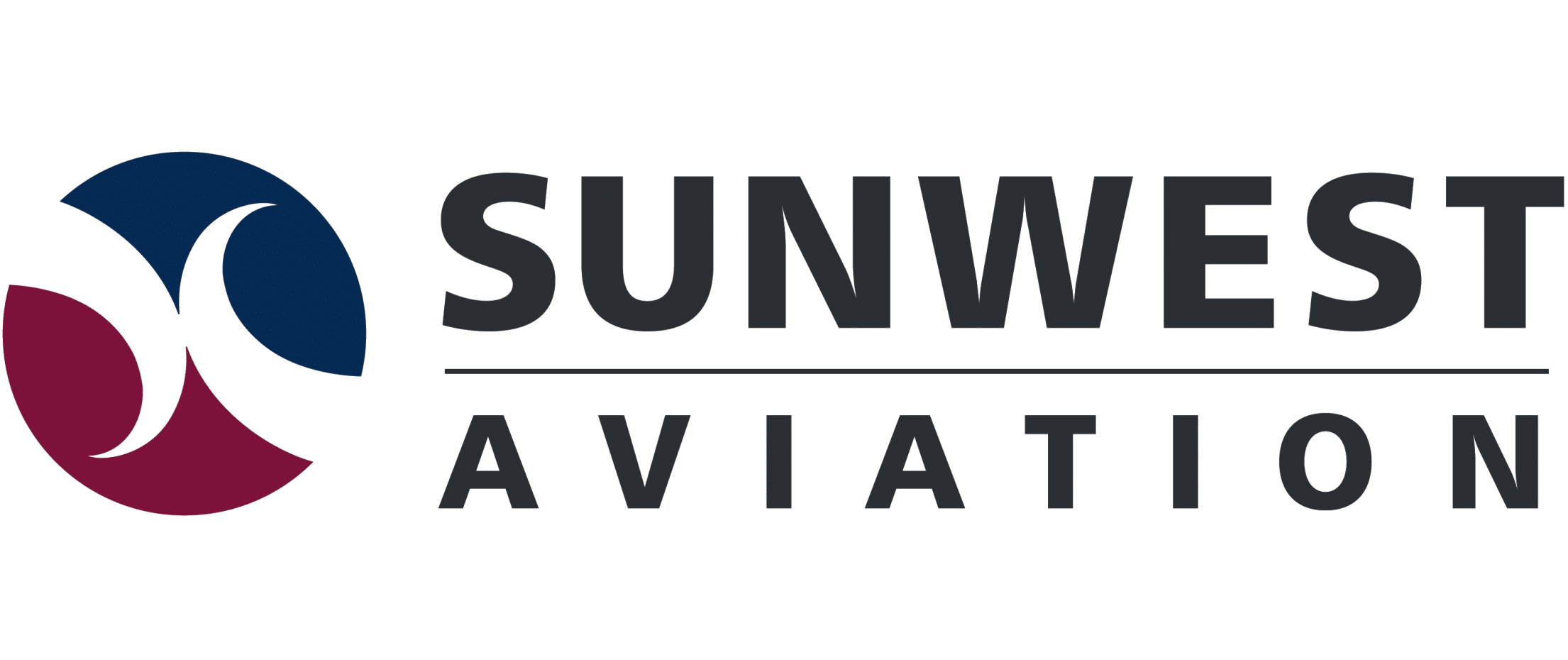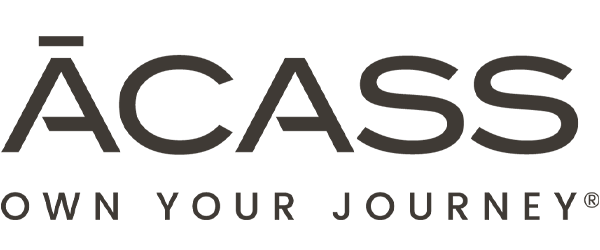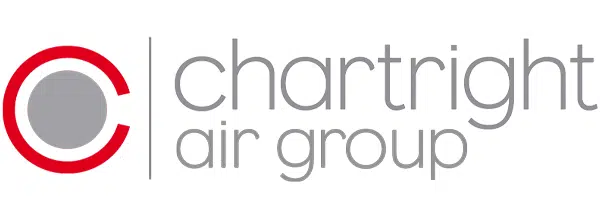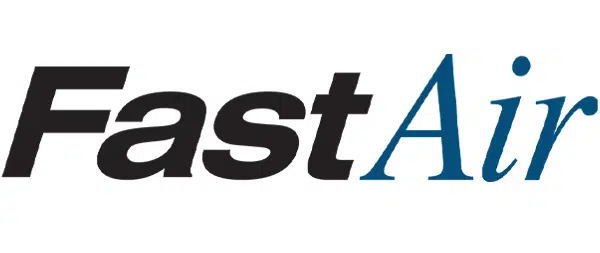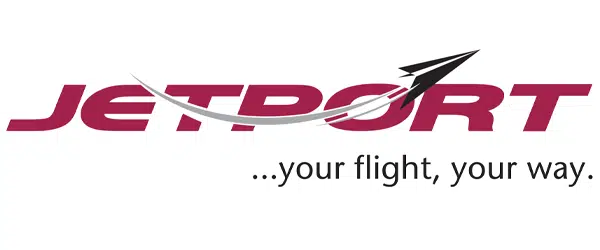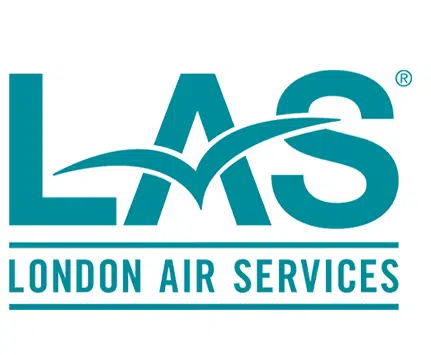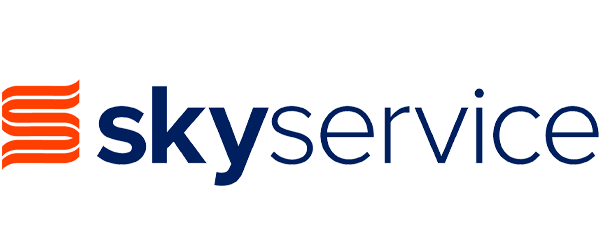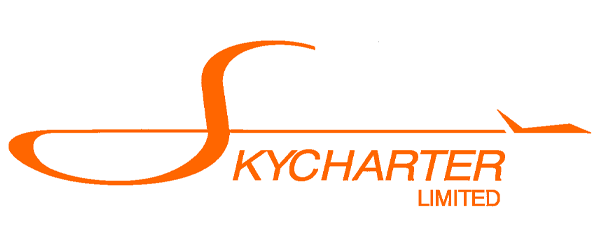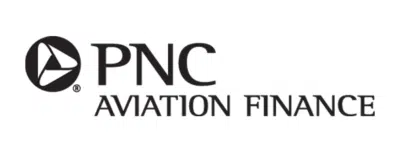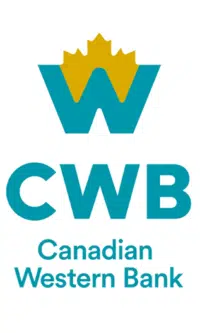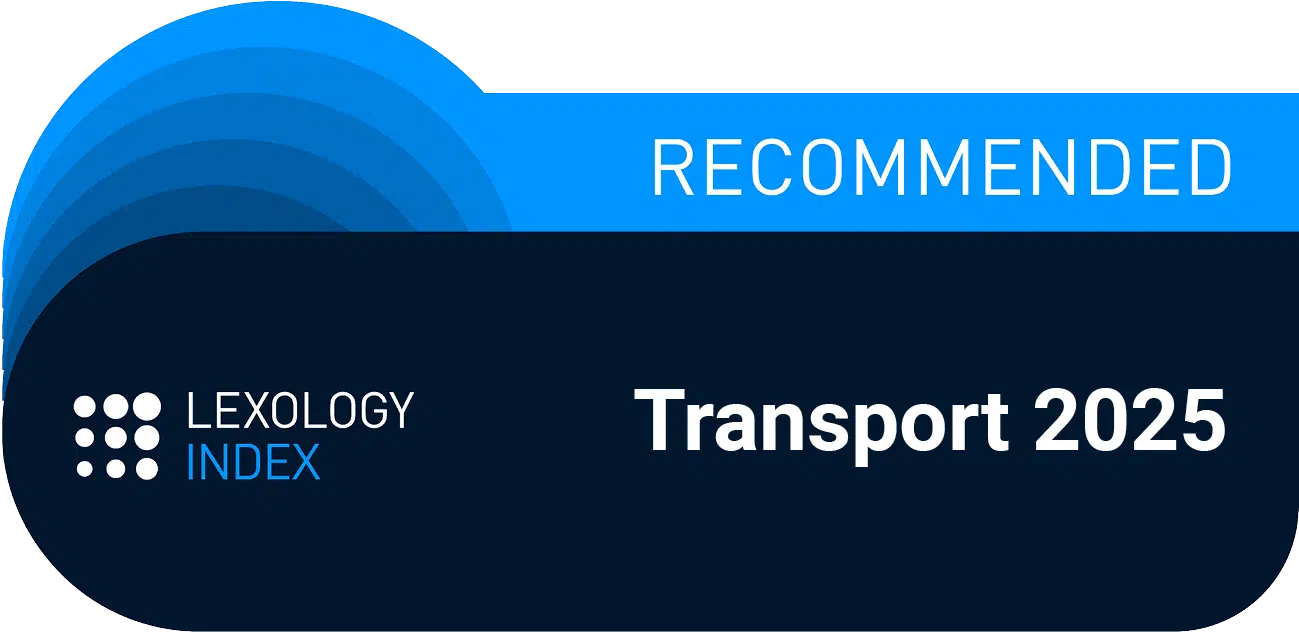Overbooking/Delayed Flight
Many of the international carriers for whom we have acted on their entry to the Canadian market, have been surprised that Canada has no regulatory standard regarding air carriers overbooking a flight, or on compensating passengers for delayed flights.
The Canadian Transportation Agency (“CTA”) recently remedied that situation, but only in regard to Air Canada and Westjet on their domestic and international operations, and Air Transat on their international operations. While we would argue that the CTA has no authority to impose standards on the airline industry, it took the convenient occurrence of identical complaints being made by the professional provocateur of the airline industry in Canada (Gabor Lukacs) to assume jurisdiction.
While the five Decisions against these three carriers from a legal standpoint are only applicable to those carriers, it is our opinion that these decisions are the tip of the iceberg of Canada imposing standards in these two areas on the entire air carrier industry.
And while we may object to a bureaucracy imposing standards, our opinion is that these are likely that more acceptable standards that are being imposed by the regulatory authority, then would have been developed had the legislated process been utilized by the politicians to impose perceived standards.
The CTA imposed these new standards by requiring the carriers to file tariff terms acceptable to the CTA protecting the Canadian originating passengers. While we have not had the opportunity to review the accepted tariff conditions filed by these carriers, it is our presumption that the standards required by the U.S. regulatory authorities in these two passenger protection areas, are more than adequate to satisfy the Canadian bureaucracy requirements.
Many of our international carriers have on file with the CTA, tariffs that contain the U.S. required terms and conditions in these areas. Our experience is that the international carriers only implement those foreign standards to the benefit of Canadian consumers in situations where a complaint is received.
It would be our suggestion that international carriers consider not only amending their tariffs on file with the CTA to include the U.S. accepted standards in these areas and as well, if and when filed, implement utilization of those standards.
While our suggestion may be in advance of requirement, it is our experience that the provocateur in these cases will merely continue his crusade, and file similar complaints against other carriers in the near future.
- New Liability Limits MC99
- Special Aviation Exemptions Issued to Ensure Critical Holiday Operations
- Simplifying Airspace Operations: Understanding AC 700-039 Issue 03 and RVSM Requirements









